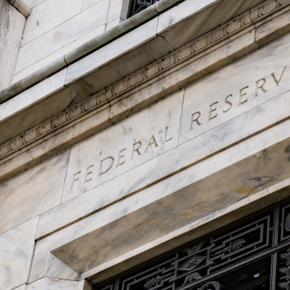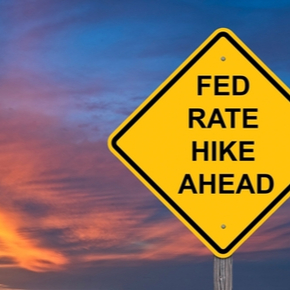As the US election draws closer, greater investor attention is warranted on how to align market views with the potential November outcome. In this article, we consider which equity sectors could benefit or lose out depending on the election results.
On the good news front, CPI was indeed modestly market friendly. Stocks took the lower yields as a good sign
Markets are rallying with this morning’s weaker-than-expected economic data dampening concerns of a prolonged journey across the monetary policy bridge.
Stocks notched a solid gain last week as rate-cut expectations paced the rally as the Q1 earnings season wound down.
While lower costs of capital helped stocks last year and continue to do so, recent earnings calls point to the potential for lighter yields to signal trouble. As equities trade near record highs amidst rates that have drifted lower, the consideration of a worn-out consumer is pivotal.
Stocks notched a solid gain last week, rallying behind upbeat earnings, a dovish Fed, and mixed economic data.
What’s happening with gold this month? In Talking Gold, we track changes in the gold market by looking at price trends, gold ETF flows, and fundamental drivers for the precious metal.
What message do you get if you cross a famous line from a beloved poem with the much-loved Star Wars saga?










